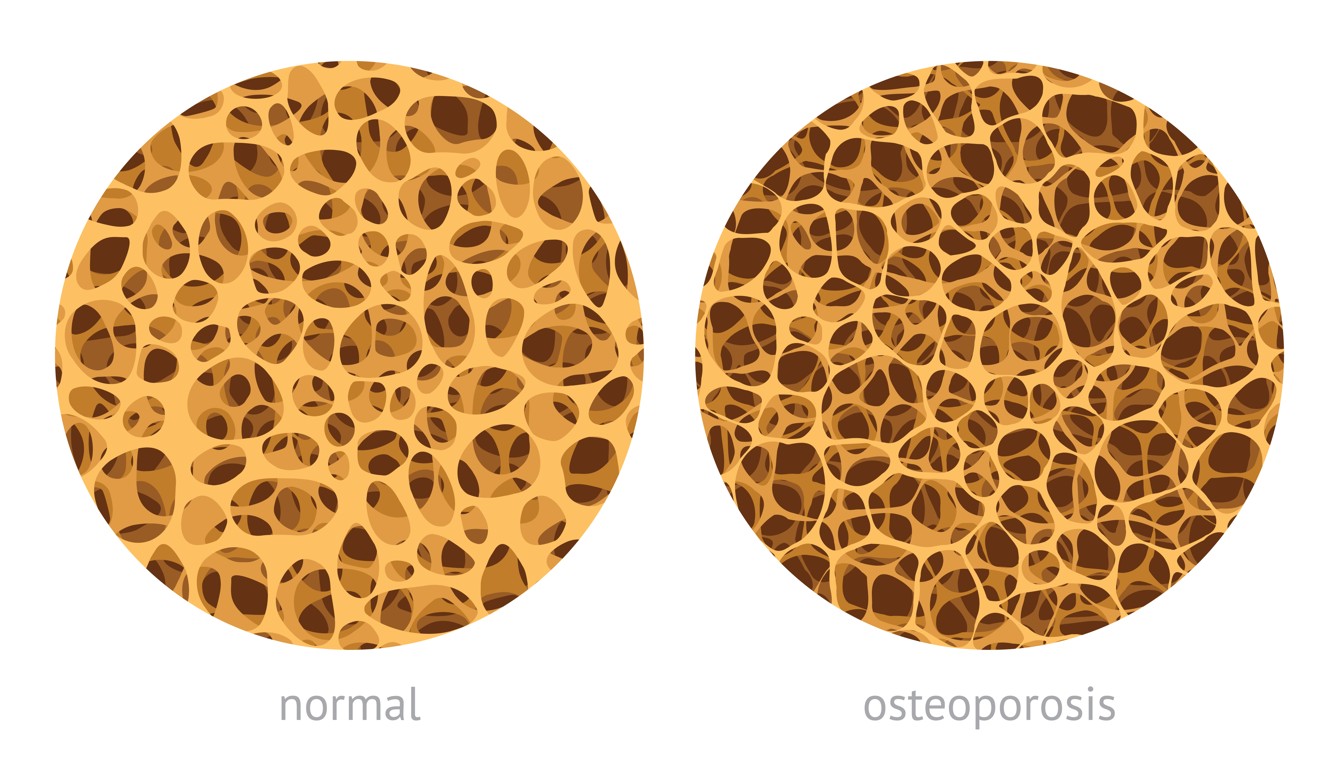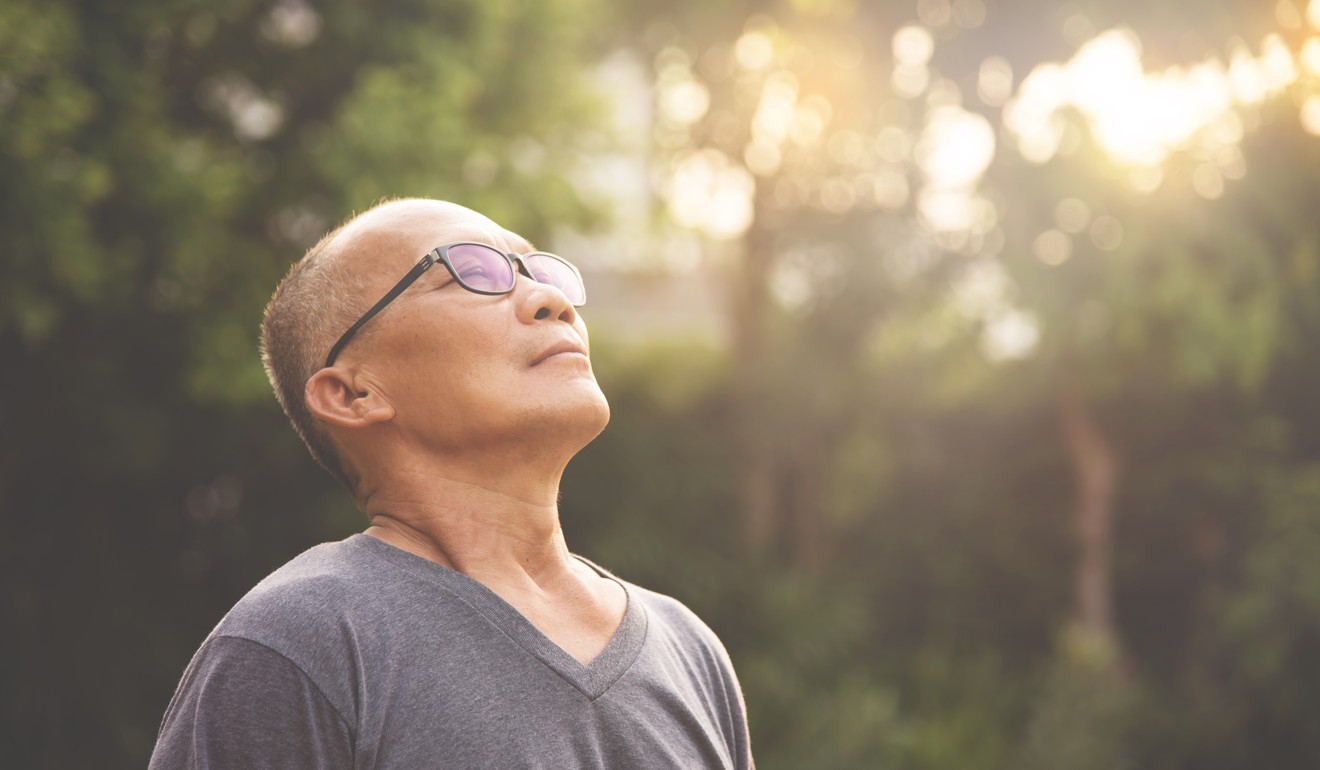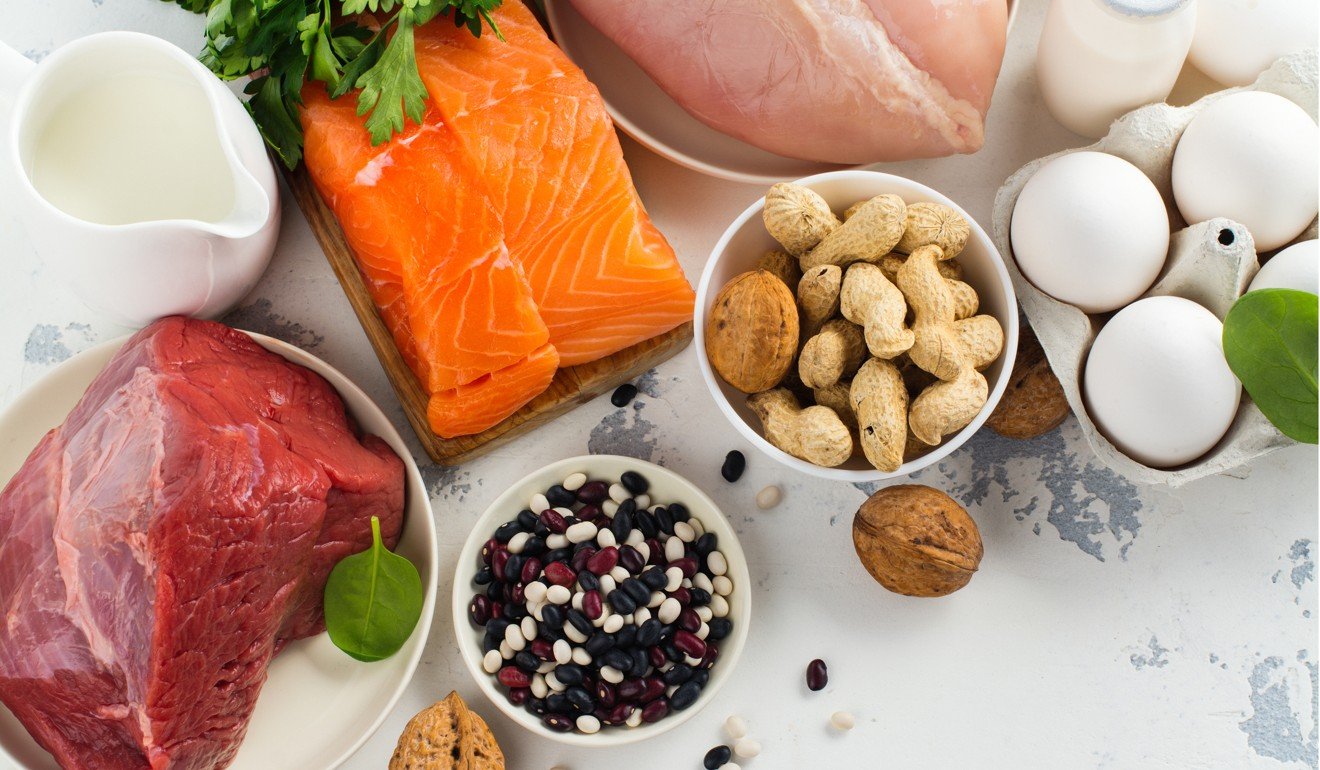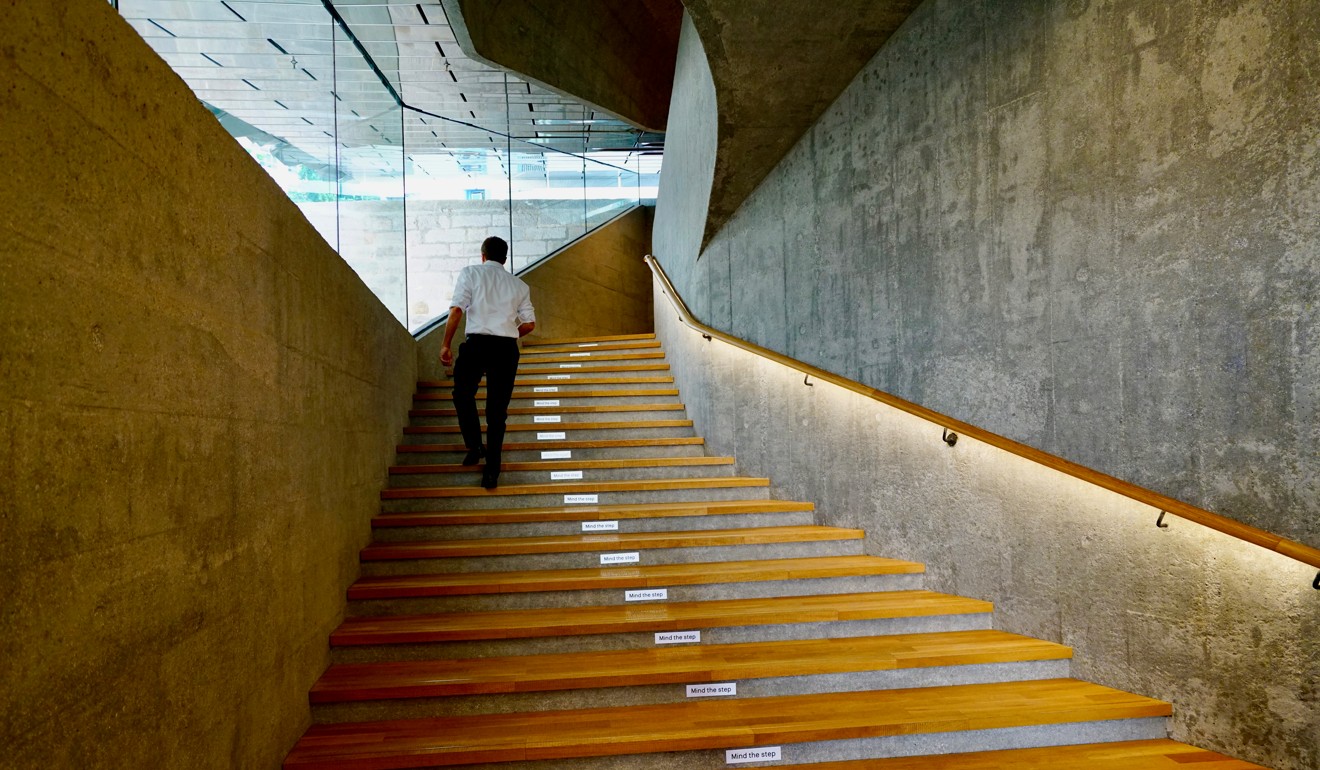
What’s the vitamin that, with the right exercise, will help your bones stay healthy?
Dietary supplements can be expensive and confusing, but there is one recommended by a Hong Kong doctor that actually works
Health supplements can be expensive and confusing – and news reports about their effectiveness often change frequently.
However, when it comes to healthier bones and joints, there is one vitamin supplement that actually works – and who would know better than an expert in bones and joints?
Dr Daniel W.H. Mok is a specialist in orthopaedics and traumatology at the Hong Kong Adventist Hospital – Stubbs Road.
He believes that, when it comes to strengthening bones and joints, as well as promoting faster post-operation healing, you can’t do better than vitamin D.
Studies have shown that vitamin D strengthens muscles and bones, regulates the function of different organs and helps fend off bone fractures and osteoporosis – a medical condition in which bones become brittle and fragile from loss of tissue, typically as a result of hormonal changes, or deficiency of calcium or vitamin D.
Vitamin D is also vital in encouraging the absorption of calcium from the gut, which in turn facilitates bone mineralisation.
It reportedly also helps reduce inflammation, improve mood and decrease the risk of heart disease.

Normally, vitamin D is absorbed directly through sunlight, but in Hong Kong, Vitamin D-deficiency is rife because of people’s widespread aversion to going out in the sun without using sunscreen, more time spent indoors than outside, and salty and/or sugary diets.
We see more and more patients with bone injuries, because fitness is seen as equivalent to wellness. But if you add vitamin D as a supplement during the healing phase, the injury will heal faster
All this is not good news for an ageing population: once we reach the age of 50, our skin’s ability to synthesise vitamin D drops significantly.
Combined with the lack of sun exposure, this leaves more mature Hong Kong residents even more at risk of osteoporosis and fractures.
A recent University of Hong Kong study predicts that the number of Hongkongers suffering from hip fractures caused by osteoporosis will more than double in the next 30 years – and rise at an annual rate estimated to be one of the fastest in the region.
However, it is not only the older population that is having to deal with a vitamin D deficiency.
Another recent study, from Hong Kong Polytechnic University, reveals that 99 per cent of Hongkongers aged 18 to 26 are not getting enough vitamin D – possibly because of a lack of sunlight and/or dietary deficiencies.
A deficiency is when vitamin D levels fall to below 30 nanomoles per litre (nmol/l). Levels of between 30 and 50 nmol/l are considered insufficient, while more than 50 nmol/l is regarded as enough.

“Recently, vitamin D has been a hot topic,” Mok says.
“We see more and more patients with bone injuries, because fitness is seen as equivalent to wellness.
“But if you add vitamin D as a supplement during the healing phase, the injury will heal faster.”
Without vitamin D, Mok says that a post-operation ankle fracture can take four to six months to heal completely.
“With vitamin D supplements of 5000 international units (IU) a day, it can be just 12 weeks,” he says
So do young, healthy, uninjured adults need to be taking vitamin D, too?
Mok says the International Osteoporosis Foundation suggests people under the age of 30 take vitamin D supplements to help bones and joints develop and stay strong.
Other important factors include a diet rich in protein, calcium and other vitamins and minerals – many of which can be obtained from fruit and vegetables – and regular physical activity.
Then there is the importance of a sensible approach to exercise.
Research carried out by the Harvard-affiliated Brigham and Women’s Hospital has found that, after the age of 30, the body loses muscle mass of 3 to 5 per cent per decade, leading to reduced mobility that in turn leads to greater risk of injury if a fall occurs.

Hong Kong’s Department of Health says that bone mass is most rapidly built during childhood and adolescence, and reaches its peak in the mid-30s.
Keep your weight down, as carrying less weight means less loading on your joints. So consider adding more protein to your diet, with seafood, white meat, beans, soya, lean beef and eggs among recommended sources
Women will experience a period of rapid loss of bone mass approaching menopause owing to oestrogen withdrawal.
However, the appropriate exercise can help slow down the deterioration.
Mok says that both men and women should start slowly, building up to at least 30-minute workouts that aim to strengthen the power muscles (core, legs, buttocks, back and arms).
Walking briskly up a flight or several flights of stairs, along with stretching under the supervision of a personal trainer, are ideal.
He says that bench presses are a common cause of shoulder injury, especially among those over 50 – and he has seen an increase in such cases.
Mok also advises people in that age group against doing weightlifting, boxing, shoulder presses and squats – especially when done without any monitoring by a trainer.
“[Also] in yoga, if wrist-loading exercises are painful, one should avoid them,” he says.

What to do to avoid common injuries
Mok recommends the following tips to ensure you avoid common injuries:
• Warm up before exercising
• If exercising is painful then stop. It may be worthwhile getting a personal trainer who can help you to set a realistic exercise programme
• Keep your weight down, as carrying less weight means less loading on your joints.
If exercising is painful then stop. It may be worthwhile getting a personal trainer who can help you to set a realistic exercise programme
• Consider adding more protein to your diet, with seafood, white meat, beans, soya, lean beef and eggs being among recommended sources.
• Lastly, make sure you get enough of the all-important vitamin D.
It is only necessary to get your blood levels of vitamin D checked if you are in pain, are suffering from injury, if you have a poor diet or are obese, Mok says.
However, for people aged 50 or above, it is important to get enough sunlight, because older bodies produce less vitamin D.
Of course, this does not mean you should get sunburned.
Mok says he recommends that those people aged over 50 who have less exposure to sunlight should take a daily vitamin D supplement of 2000IU.
For adults under the age of 50, Mok recommends taking 1500 to 2000IU per day, and that children and adolescents should take up to 1000IU a day.

Mok also says that vitamin D is not a cause for concern when it comes to toxicity.
“On its own – that is, not combined with calcium – vitamin D does not cause kidney stones,” he says.
However, calcium is important for bone development and maintenance, and Mok says that even milk in your coffee, or orange juice fortified with calcium, can help.
“The general rule is to have a broad-based diet,” he says.
